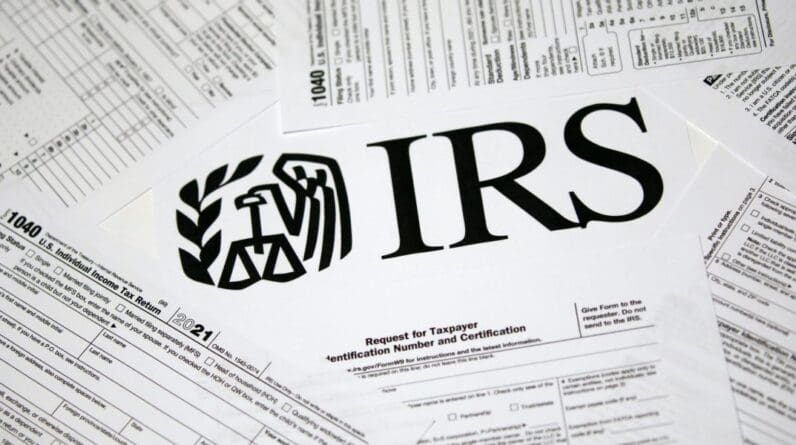
Taxes are complicated. Taxes involving crypto, at times, can be even more so.
The Internal Revenue Service since 2014 has viewed crypto as property, so profits made from selling tokens are subject to capital gains tax. And if you are paid in crypto—such as staked rewards, or if you’re a miner—this constitutes a taxable event.
So if you live in the U.S. and buy, sell, or earn cryptocurrencies, you may owe additional taxes. But how much more? Here’s everything you need to know about navigating taxes on crypto, according to the experts.
I own crypto. Is it taxable?
There’s no requirement to declare ownership of crypto, but you do need to declare that which you’ve sold during the financial year, Robin Singh, founder and CEO of the crypto tax platform Koinly, told Fortune. “The IRS has chosen to treat crypto as property instead of introducing a separate asset class, and the taxation of property is quite straightforward when it comes to capital gains: You pay tax on the profits after deducting losses,” says Singh.
Form 8949 is where you report crypto sales and gains generated. The tax rate depends on the state you live in, how long you held the asset, and your tax bracket.
“If you sell crypto that’s gone down in value, the capital loss gets written off against your other forms of income, which actually reduces how much taxes you pay,” David Kemmerer, cofounder and CEO of crypto tax platform CoinLedger, told Fortune.
What about NFTs?
The above applies.
I’m paid in crypto. Is it taxable?
Yes—if your state requires income tax. Whether you’re a miner, earning staking rewards, or your salary is paid in digital tokens, this income is reported on your regular Form 1040.
One common misconception about declaring crypto income is how to report its value, explains Kemmerer. For example, if you’re paid in Bitcoin on July 1, you’re earning income at the fair market value of those assets at the time you receive them, and the income needs to be recognized at this value.
“If you’re still holding it, and it’s gone down in value, maybe by 80%, your tax bill for that income might be more than the asset is even worth today,” adds Kemmerer. “So, if you’re earning crypto, you have to be cognizant of the tax implications because you’re recognizing it the day you received it. It’s wise to sell some of the crypto so that you can make sure you can afford the tax bill on that anchor.”
In summary, the fair market value of each of these crypto payouts needs to be tracked, and if you then sell those assets, capital gains taxes would apply to any profits.
I traded some Bitcoin for Ether. Do I need to declare this?
Yes, trading any cryptocurrency for another is a taxable event, says Kemmerer, and either the gains or losses need to be reported.
“It doesn’t matter if you have not yet cashed it out to U.S. dollars from the cryptocurrency exchange—you have taxable income from that activity that needs to be reported,” he adds. “That’s a very common misconception.”
I bought something with Bitcoin. Do I need to declare this?
Yes, the above applies.
Will crypto exchanges send me a tax form?
Centralized exchanges based in the U.S., such as Kraken and Coinbase, will send users a 1099 Form that includes their total crypto income from staking or mining, says Singh. But income that’s generated on decentralized platforms or foreign exchanges like Binance must to be reported manually.
“You can usually export your transaction history from the exchanges and figure out the total income during the financial year from this, but there’s also software available that does this for you,” he adds.
President Joe Biden’s bipartisan infrastructure bill is going to require crypto brokers to carry out information collection for 1099 Forms on behalf of their users, which will report crypto income to the IRS, whether the person self-filing or not. This is scheduled to come into effect on Jan. 1, 2025.
Crypto exchanges, Singh explains, will send the new form, 1099-DA, directly to the IRS—and a copy to the taxpayer—so filers won’t have to submit it. But taxpayers will still need to use the information from their 1099-DA to complete forms 8949 and 1040.







